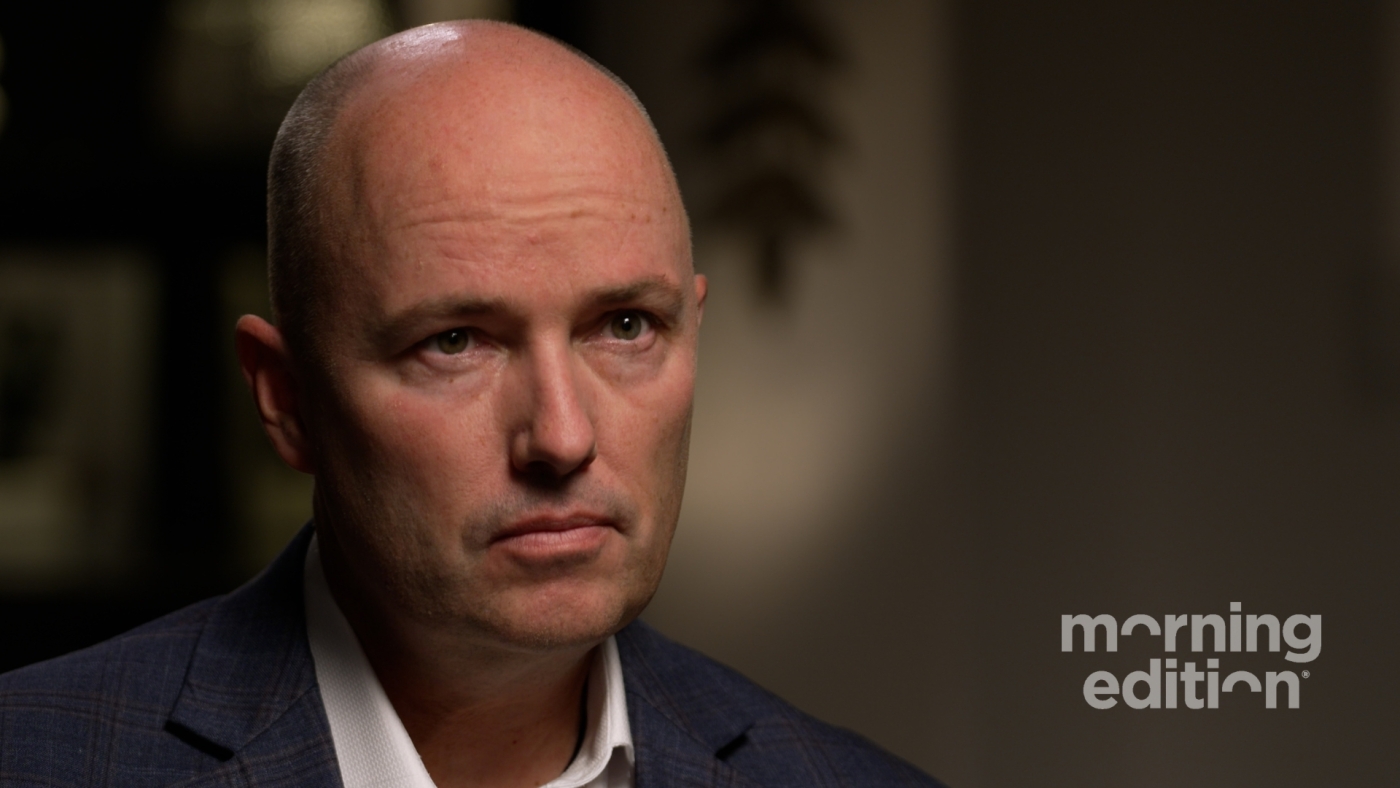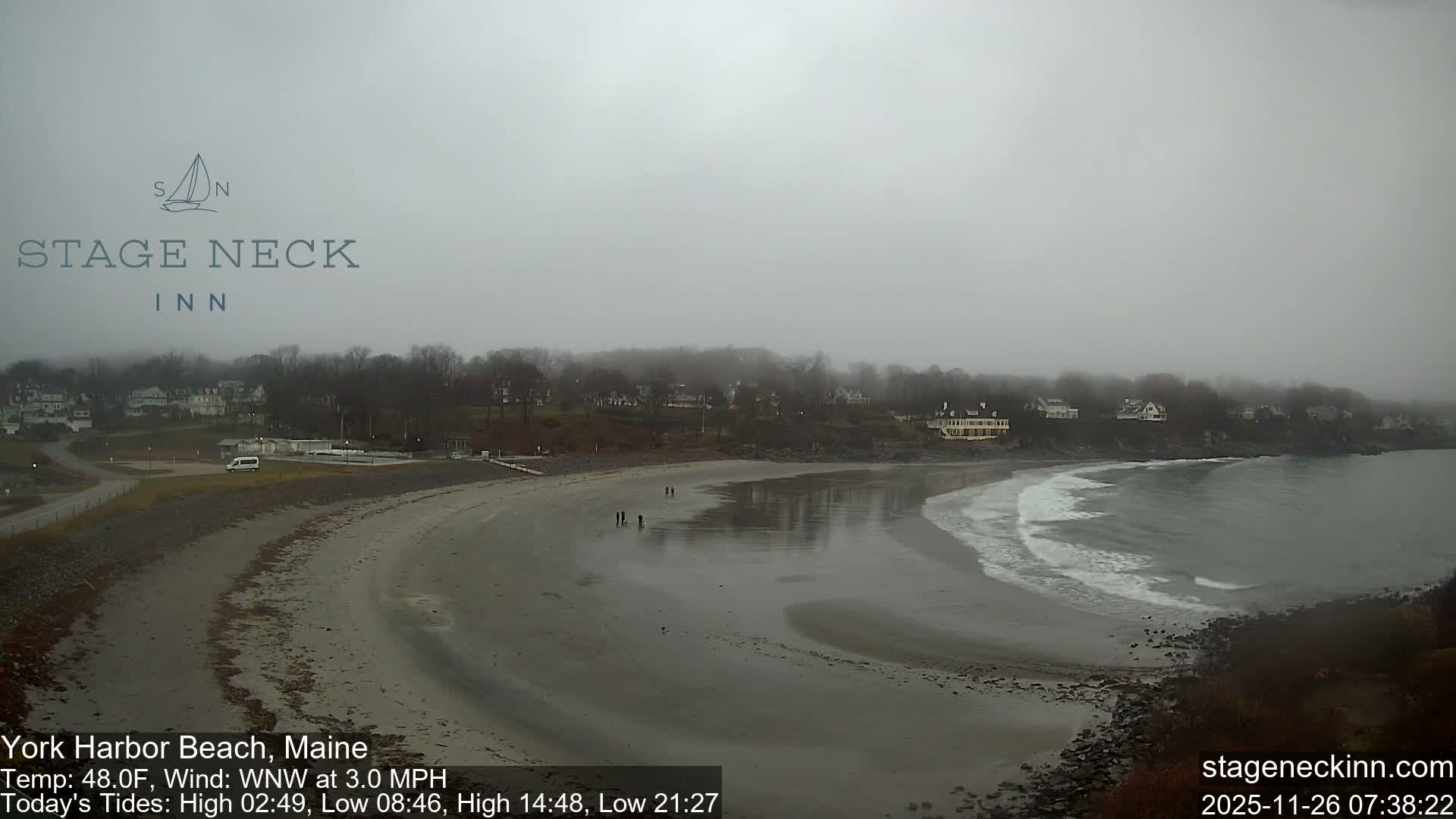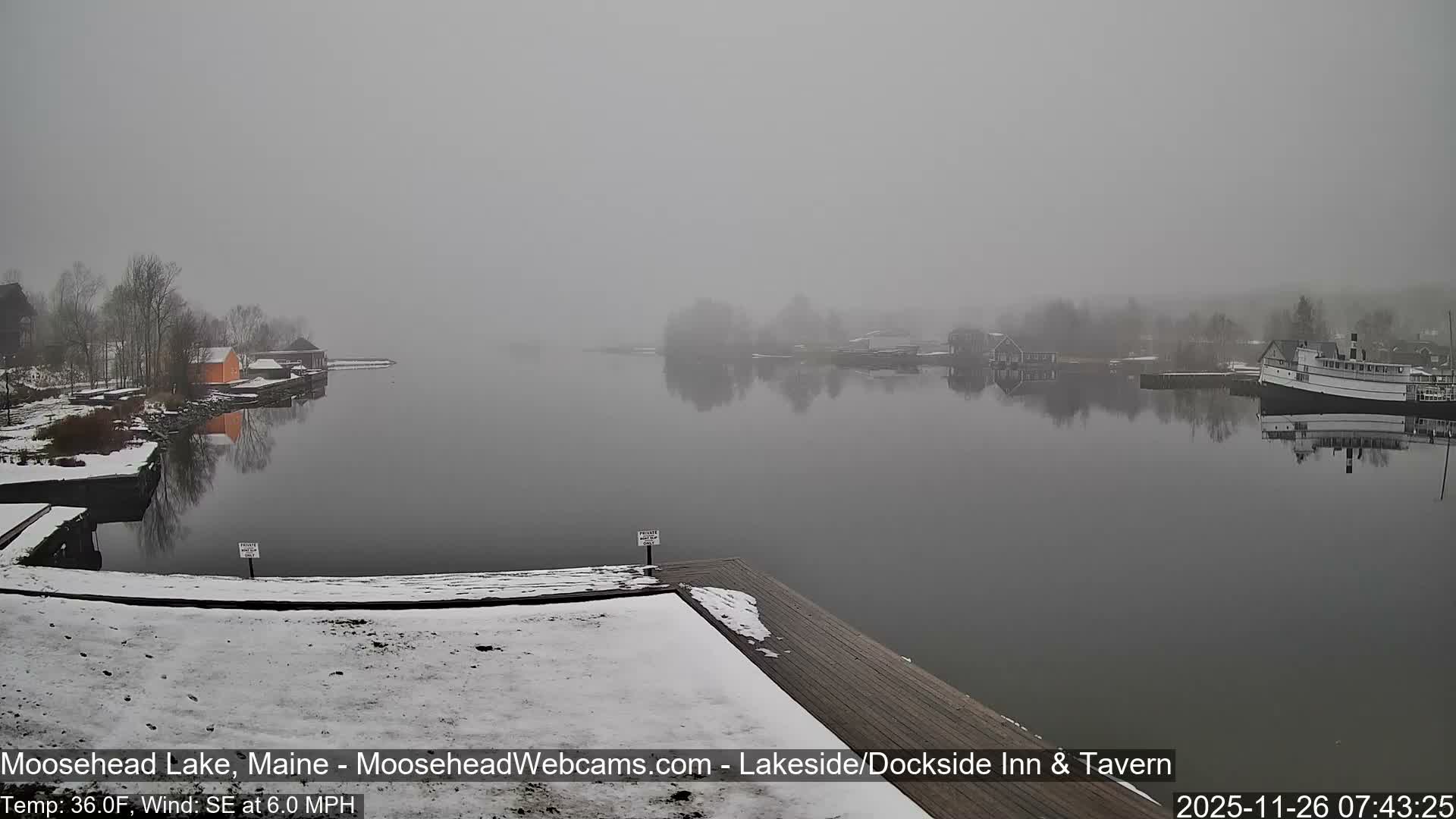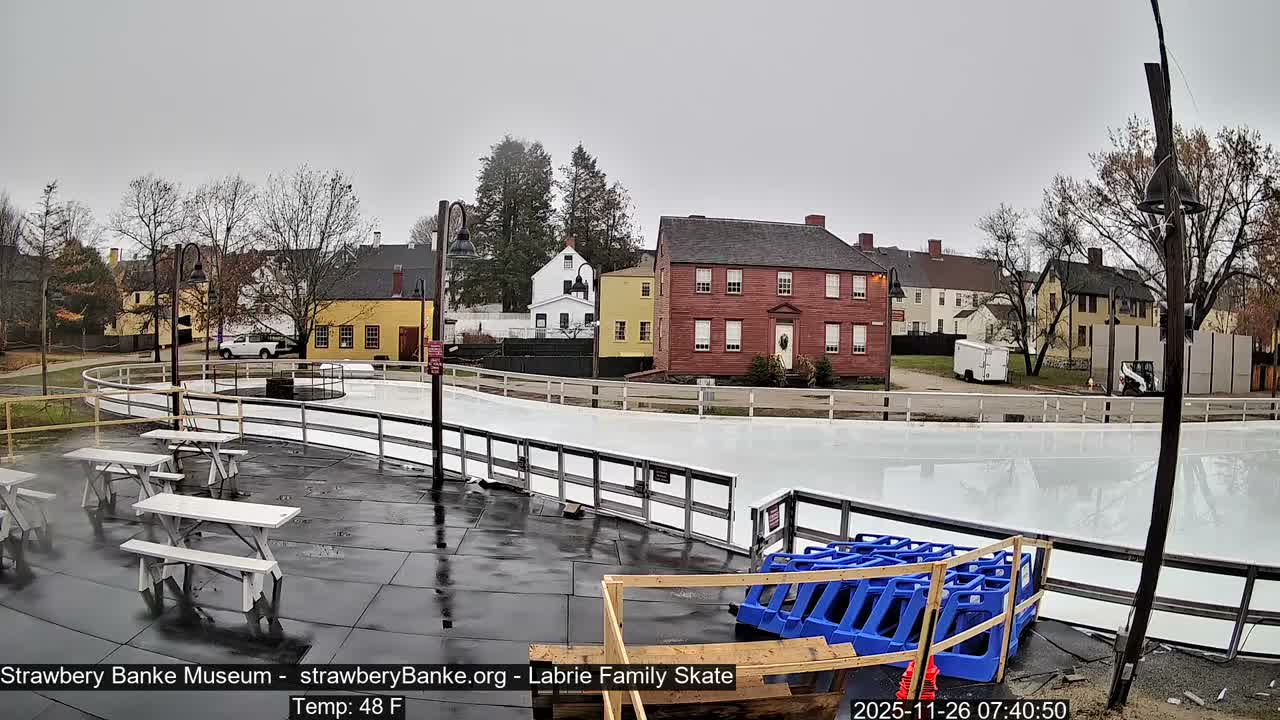Utah Gov. Spencer Cox Urges Civility After Charlie Kirk Murder; Reflects on National Division & Faith in Politics
 United States
US Politics
United States
US Politics

Utah Gov. Spencer Cox reflects on his civility appeal after Charlie Kirk's murder, discussing national divisions, faith in politics, and the challenge of foster
Utah Gov. Spencer Cox Urges Civility After Charlie Kirk Murder; Reflects on National Division & Faith in Politics
Following the tragic assassination of activist Charlie Kirk in Utah, Governor Spencer Cox issued a poignant appeal for national civility, urging Americans to reconsider their approach to politics. This call to calm, made after briefing the public on the suspect's arrest, reflects Cox's long-standing advocacy for "disagreeing better" and his concern that politics is increasingly usurping the role of religion in many people's lives.
In a recent conversation with NPR, held just before the Thanksgiving holiday, Governor Cox revisited the aftermath of the Kirk shooting. He shared insights into the nation's profound divisions, linking them to broader issues like the future of nuclear power and artificial intelligence. His initial message resonated widely, even reaching as far as New Zealand, where he traveled on a trade delegation.
A Call for Disconnection and Connection
Governor Cox's September plea was simple yet profound: "I would encourage people to log off, turn off, touch grass, hug a family member, go out and do good in your community." He believes many people are indeed heeding this advice, describing the response as "overwhelmingly positive" months later. He recounted a moving encounter with a mother who shared that his remarks inspired her son to re-evaluate his life path.
As a conservative Republican governing a state known for its nuanced views on figures like former President Trump, Cox openly integrates his faith into his political philosophy, considering it "core" to his approach.
Navigating a Divided Nation
Cox has made it a hallmark of his tenure to champion civility, emphasizing the necessity of treating political opponents with respect. He critiques the prevailing notion that electoral victory abrogates the need for collaboration. "We will always have to work with those people. That's how this gets done. We have to build coalitions," he asserted, highlighting the constitutional imperative for compromise. He warns against the tribalism that arises when politics fills a void once occupied by faith.
Regarding calls by some to investigate liberal groups after the Kirk assassination, Cox maintains a nuanced stance. While acknowledging that groups inciting violence should be held accountable, he stressed that "every single Democrat I know that I talked to about this was just appalled." He prefers to focus on the individual responsibility of the gunman, guided by his faith's principle of agency: "to try to attack an entire group of people or an ideology because of one person isn't right and isn't fair."
Facing Criticism and Engaging Opponents
Demonstrating his commitment to engagement, Cox spoke at the first gathering of Charlie Kirk's organization, Turning Point USA, post-assassination. Despite initial boos from a crowd that had previously seen Kirk advocate for Cox's expulsion from the Republican party over a veto of legislation banning trans athletes from girls' sports, Cox managed to earn applause by explaining his reasoning – that the bill was poorly conceived, targeted few athletes, and invited lawsuits.
The Trump Factor and the Quest for Unity
Cox, who did not vote for Donald Trump in 2016 or 2020, endorsed him in 2024 following an assassination attempt, calling Trump's survival a "miracle" and suggesting he was uniquely positioned to unify the nation. When asked if this unity had materialized, Cox candidly responded that Trump himself would likely say no. Nonetheless, he values the endorsement for the opportunity it provides to maintain a relationship with the president, which he deems important for Utahns.
Interestingly, Trump called Cox after the Kirk assassination, commending his appeal for unity, even as Cox acknowledges that Trump "hasn't modeled that, and he sees the world a little differently than I do." This ongoing dialogue underscores Cox's persistent efforts to bridge divides in an increasingly polarized political landscape.





